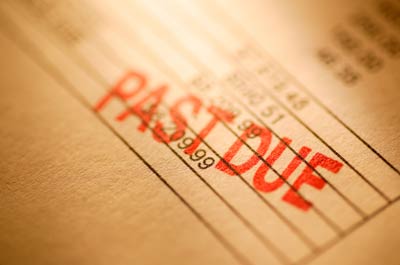Strategies for managing personal debt
It seems that managing personal debt is a struggle for many people these days. Credit cards, mortgages, auto loans, student loans – the list goes on and one. I know many people, myself included, that have goals focused on paying down or off personal debt.
[Tweet “#NowReading: Strategies for managing personal debt”]
“Good” Debt versus “Bad” Debt
Not all debt is necessarily bad. When you’re investing in yourself or your future, then taking low or zero interest loans can be okay if you’re borrowing responsibly. The challenge is determining which type of debt may make sense for you and how to wisely manage the money that you borrow.
Managing Personal Debt
Debt is an aspect of your life that, contrary to popular belief, you can manage and control. For some it may mean making some lifestyle changes and becoming more disciplined, but if managing your personal debt is a short and/or long-term goal of yours – you can do it!
- Look at your spending and see what can be reduced and/or eliminated. This may mean making some changes – eating out less, using coupons and discount codes, utilizing the library for movies and books, etc. Habits are not easy to break so this step can be difficult for some. Keep your personal goals in mind and determine if whatever you want to spend your money on is more important than those goals. Starbucks or eating out 2-3 times a week versus a family vacation, paying down a credit card, etc – the choice is yours to make.
- Create a budget and stick to it as much as possible. Make savings a priority in your budget. You can do this by having a certain amount auto deducted to a separate account. Having an emergency fund will help you not use credit cards or high interest loans when crises arise.
- Gain control of your finances. Take an honest assessment of what you owe and determine how you’re going to tackle your debt. Get help, if necessary, from a reputable source. You can, also, utilize a debt payoff calculator to see how extra payments will impact your overall balance.
- Look at triggers that make you spend unnecessarily and take the steps to change that behavior. Avoid impulse purchases! Typically you will regret these purchases later and pay more than you would if you waited for a sale or discount.
What strategies do you have for managing personal debt in your life?
April is Financial Literacy Month! Catch up with our Financial Literacy Series:


